Towards a New Balance in Guinea-Bissau: Creating spaces for women’s participation in governance and conflict resolution
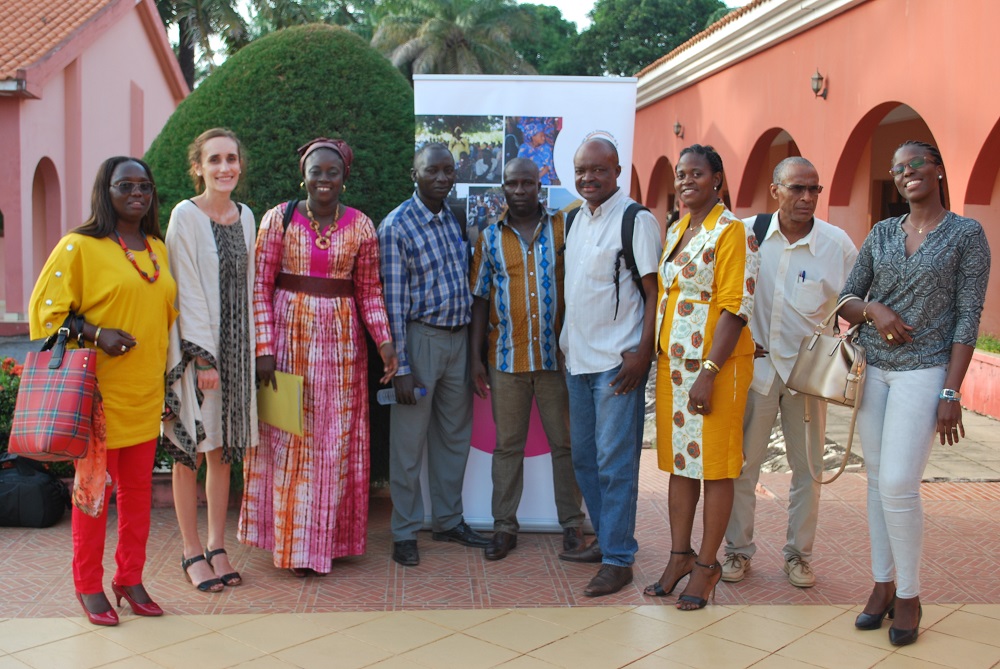
Women’s participation in governance is essential to ensure sustainable peace in conflict-affected regions of the world. Our current work in Guinea-Bissau, carried out with our partner organization Voz di Paz, with the support of the UN Peacebuilding Fund, seeks to promote the participation of women in decision-making spheres, specifically in the political arena.
Since early 2017, Voz di Paz has consulted more than 700 people across Guinea-Bissau to learn about the obstacles and opportunities to women’s active participation in decision-making, and learn about possible solutions that can lead to positive change.
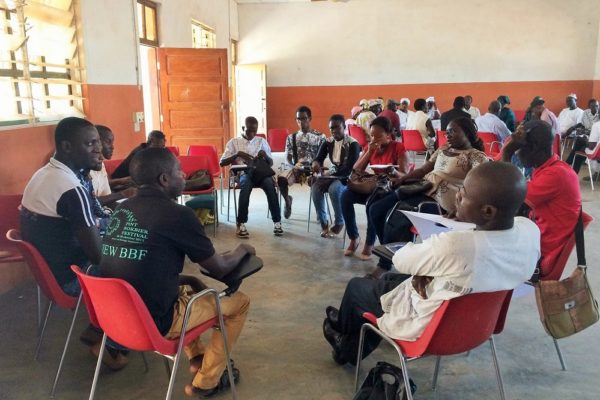
Guinea-Bissau. Photo credit: Interpeace
This national consultation process pointed to four major themes that illustrate the obstacles Guinean women face to participate in decision-making spheres. Social pressure linked to dominating and discriminating sociocultural factors was denounced as a major and transversal barrier. In particular, the population stressed that women have few opportunities to develop the necessary tools and confidence to address the public sphere, which is largely dominated by men. The second major obstacle, as identified by the consulted population, is the distortion of the “political game” and the inequalities associated with electoral mobilization, where political tricks impede the political ascent of women. Weak female solidarity and limited female presence in the Defense and Security Forces, were also considered crucial obstacles in women’s participation in governance.
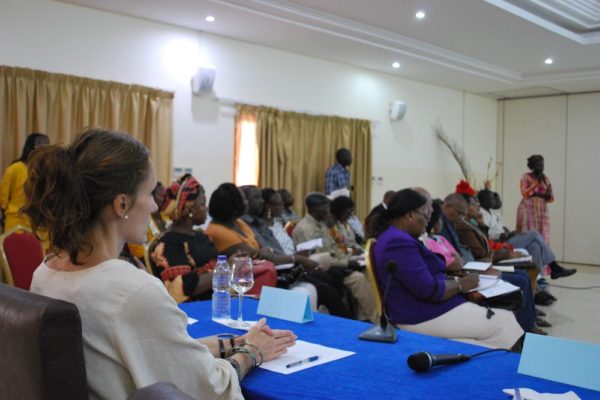
National Conference in Guinea-Bissau. Photo credit: Interpeace
These results were presented at a National Conference held in the capital Bissau on October 10-11, 2017. The purpose of the National Conference was to enrich, validate and debate these results as well as explore possible solution paths. The group of 50 participants was heterogenous and reflected the geographical, ethnic, social and political diversity of Guinea-Bissau. The active participation of local actors was key to ensure an inclusive, legitimate and meaningful process that allowed to create ownership of the topic.
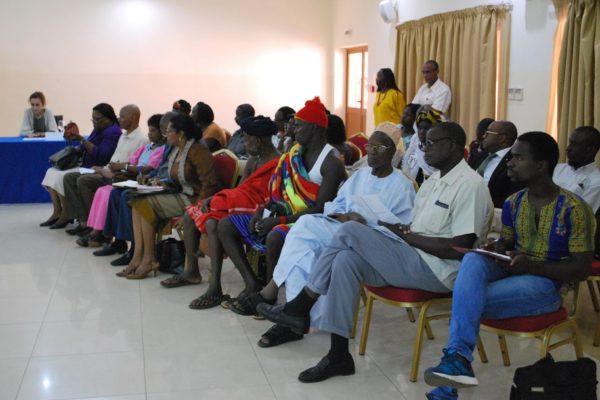
National Conference in Guinea-Bissau. Photo credit: Interpeace
During the National Conference, the participants agreed that there is a need to raise awareness of gender inequalities at the national level, in order to break taboos and create greater individual responsibility and agency. Moreover, several strategies and structural changes to promote women’s participation were also discussed. As a result, the National Conference helped create a consensus about the obstacles and solutions Guinean women face in governance structures, which will now be consolidated in a report and a film to be published in January 2018, and sustained through dedicated activities to be implemented in 2018.
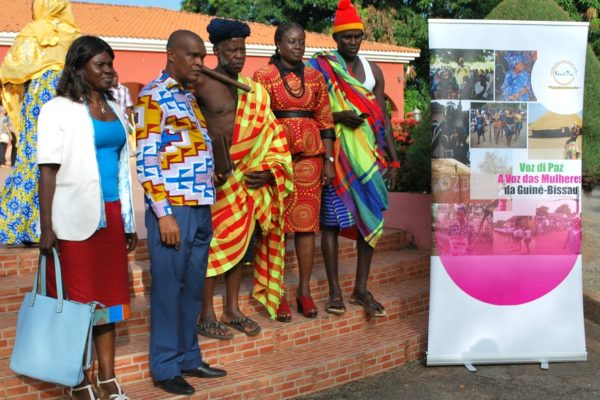
National Conference in Guinea-Bissau. Photo credit: Interpeace
